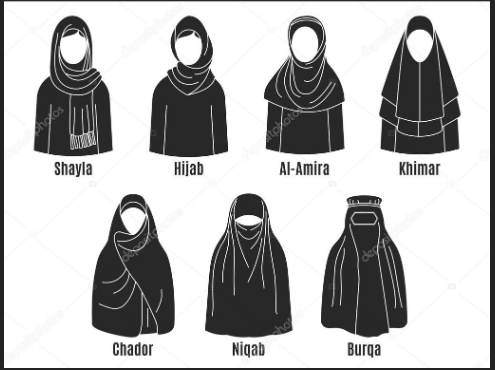Human beings are social creatures. Our evolutionary pathway has been such that working and living in groups has been an advantage. This has enabled us to not only survive but also to thrive, and therefore we hold our tribes very close to our hearts. These group associations, whether they are national, political, religious or cultural, represent our identities and give us our sense of being. And for the most part it has worked. Our ability to cooperate is an essential property of our brain and it has enabled us to deal with extreme environments and diverse circumstances.
Tribal affiliations have also been a means to control society. If you belong to a particular group, its approval is important. The group’s ideology is your ideology, so in that way it has been a means to an ordered society. But tribal affiliations may ultimately lead to strict adherence to dogma. We see this happening all the time, whether in national, religion, political, and social ideological settings. It may seem to us that it is happening more in the 21st century but the truth is that it has always been a part of human civilizations. Tribal groups and our affiliations to them have been ubiquitous and have served to create order.
But they have also been instrumental in creating division, because excessive competition between groups inevitably leads to conflict. More intense the conflict, the more we see those outside your group as “them”; as members of the other group and not as individuals.
Because our affiliations give us our sense of identity — we define ourselves by asserting our loyalty to our groups — it is very hard to stray away from their prescribed narrative, from group-think. To us, being good members of a group is of extreme value, much more than being correct. We will choose to be in good standing with our peers at the cost of being on the side of facts and evidence.
Human being also subscribe to narratives and there is nothing more binding than group narratives. Which is why, even when presented with evidence, people tend to not venture too far away from the “party line”. Not believing in evolution and climate change are examples. Our affiliations and belief in the sanctity of group narratives make it very hard to understand or pay credence to scientific evidence. The opposite of what we believe in becomes fake news or propaganda. This may also seem to be a new phenomenon, but propaganda, whether perceived or actual, has also been a part of us for a long time and it has also been used to control group members by promoting the narrative in such a way that the “others” – the “outsiders” – are always wrong. It’s not lies, it is post-truth, when it’s from within one’s group and fake news when it is from the other.
To summarize, our tribes are important to us because they give us our sense of identity, and the tribe’s narratives are important to us because we do not want to be denied our group’s goodwill. This is why we incline towards stories that represent our tribe’s ideological viewpoint. Even in the face of strong evidence. There have been experiments that have shown that human beings tend to disregard evidence when it is against their tribe or its beliefs. Henri Tajfel called it Social Identity Theory.
There is also our penchant for short stories, for anecdotes. Take vaccination for example. We will believe the actress who thinks vaccines are bad over doctors, or take herbal medicone for cancer because “big pharma” is bad. Because in both these instances it is easier to believe the anecdote and we do not need to make the effort to look for evidence. How many times have you heard someone tell you very convincingly that they “know” something works, because it works for them? We love the idea of hearing about that woman who cured her cancer only through changing her diet, or that kid who did not get autism because he was never vaccinated. It does not matter that these are just stories. They do not represent facts or evidence. It’s just easier to believe it and to share this information immediately.
So, in a world of strong tribal bonds, proclivity to group narratives, and predilection for anecdotes, how do we make sure that our decisions are informative and that we rely on reason? There is really only one way of doing this — by understanding the scientific method. This does not mean that we all have to be scientists.
Firstly we must always remember that we tend towards our groups and their talking points and every time we are faced with information we must consider that it may not be agreeable to them. It means we have to consider opposing points of view, We need to listen to people whose ideologies differ from ours. We must ensure that we are exposed to differing opinions – to dissent. And when presented with evidence our only course of action should be to accept that evidence and if required, change our minds.
Most importantly, we need to understand the differences between anecdotes and evidence. There are many steps to get from the first to the second. Anecdotes are just stories, they may or may not be factual. Even if a few are, they are not data because for that you need a representative sample. And even if you have the representation, you need to differentiate between correlation and causation. Evidence is only found when all the data makes a particular theory true. If the data can be true for my theory but it can also be true for an opposing theory, it is not evidence.
Once you have evidence, you are armed with reason and that’s all you need to deal with propaganda, post truth or fake news.


